The response to COVID-19 has varied from place to place, but what does it mean to ordinary people?
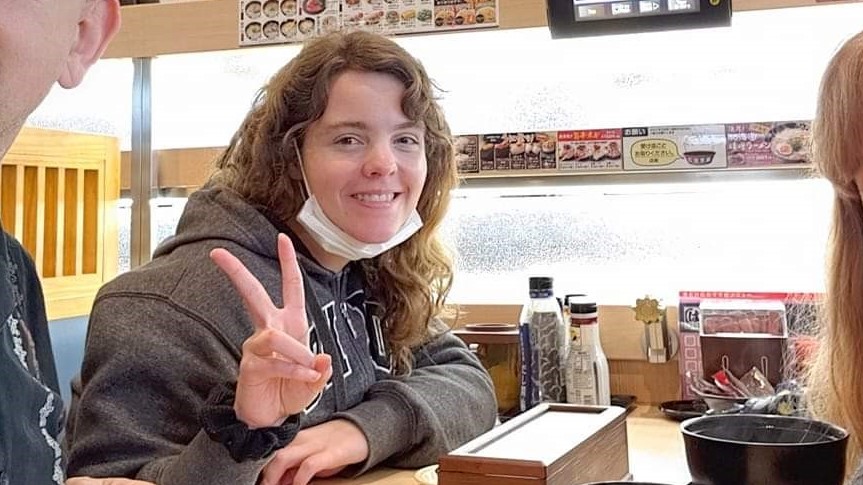
For many in the UK, everything has been more or less the same for well over a month now as we’re all stuck in our homes until things seem safe. In fact, it might sometimes be easy to forget that there’s a whole planet out there. Not everyone is living through these events the same way we are.
Some people are in lockdown too, while for others it’s been business as usual this whole time. To get all the details, we reached out to a handful of people spread out across the globe and asked them to tell us, in their own words, what’s going on where they are and why it matters.
Rio Grande do Norte, Brazil
“The main reason we’ve been handling the outbreak in general is because the governors have their own policies in place to make sure that we’re in quarantine in some way.
“If it were up to the president then nah, he’s just like, ‘Don’t care. I care about the economy, the economy has to be stabilised in some way but, you know… if people will die, people will die.’ There is a quote with him saying something like that and it drives me mad.”
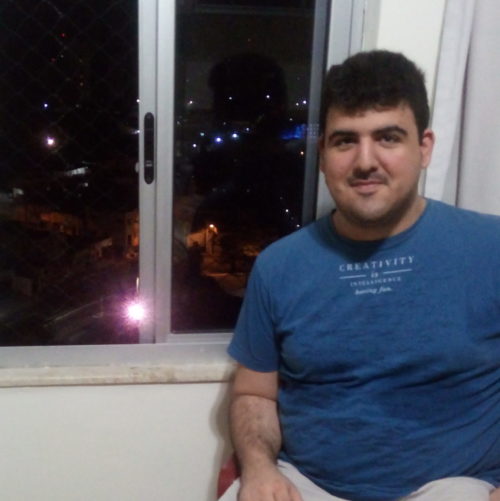
Randy, a 28-year old living in the East Brazilian state of Rio Grande do Norte, is particularly critical of Brazilian President Jair Bolsonaro. He stresses that local governments are the only reason lockdowns and social distancing are in place.
“It’s been fine. People were compliant enough and some of the hospitals are over capacity. The other day, we had like 7,000 new cases in 24 hours, which is alarming. We’re also currently up to 6,500 deaths, which is also alarming. But it seems like we’re recovering fine.
“This was thanks to the governors and the Minister of Health. Our president fired him very recently because they couldn’t agree on how to handle things post-outbreak. All we know is that the Minister was fired recently and replaced with someone who aligns better with our president.”
In Brazil at the moment, there has been a degree of anxiety about the possibility of easing restrictions too early and this inducing a ‘second peak’ of COVID-19 cases as the population begins getting back to work.
“But it hasn’t yet,” says Randy. “We’re still dealing with this first wave and individually, people are taking it seriously, which I’m glad for. It’s not what I was expecting to be honest, but I’m glad. We’re still suffering but it could be worse.”
Småland, Sweden
On the other hand, very few restrictions have been put in place by the Swedish government. Jimmy, aged 27, is still going to work every day in the province of Småland in Sweden. While he was initially hesitant, he’s now satisfied with his government’s decision to attempt to develop herd immunity.
“At first, I thought the approach was a bit lackluster. I thought we weren’t doing enough to handle the pandemic. But I can sort of understand now that the pandemic’s here either way. If we’re isolating from it, it’s probably too late now because it’s already in the country and spreading.
“I think at this point, it’s better to just sort of ride it out. The best we can, anyway. I was sick for a while; I got some form of the flu but I don’t know if it was that kind. We don’t actually test it broadly yet because out healthcare system is a bit overloaded, so we limit it to serious cases.”
At the moment, Sweden has 2082 cases per million people and 257 deaths per million, compared to the UK’s 2671 cases and 414 deaths per million. Surprisingly, Sweden’s strategy of keeping businesses open and building herd immunity was initially floated by the British Prime Minister.
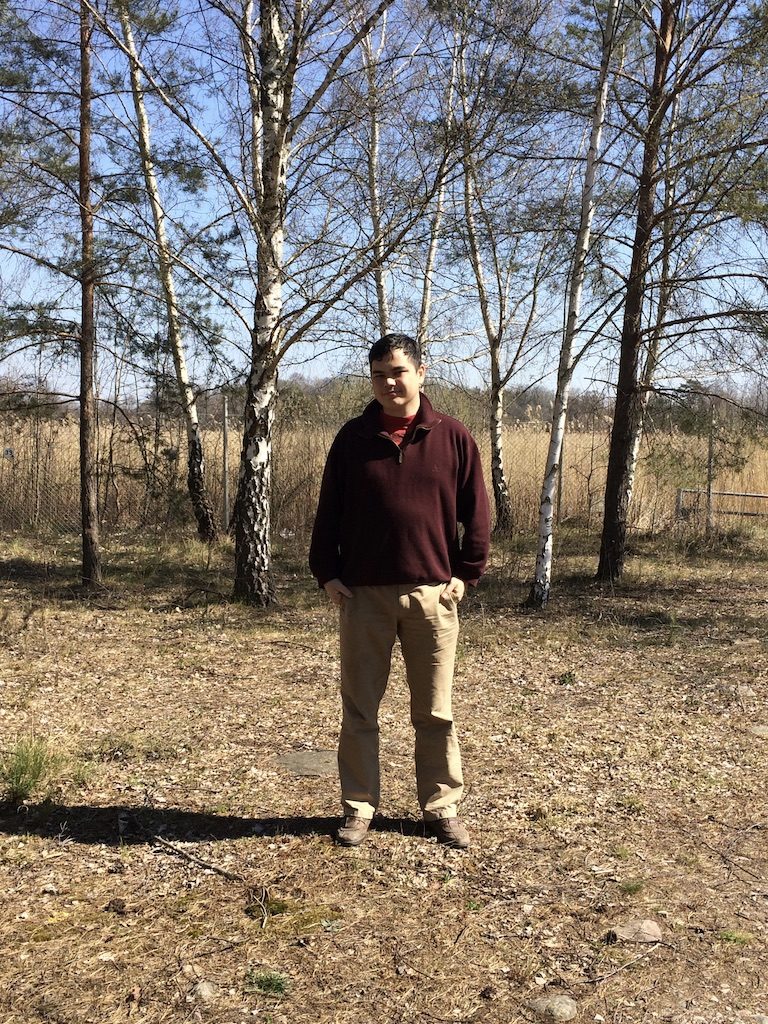
“I think people are aware of the dangers of [the coronavirus] but a lot of them just tune it out. They don’t want to hear about what the virus is doing because it wears you down. If you can only think about what the virus is doing, eventually you just want to not have to.
“Family members will see each other no matter what, because they’re family, but now more than ever it’s common that instead of meeting friends in person, you call them or have chats [over the Internet] like these, which is sort of what our society is steering towards anyway.
“For the most part, politicians are united on the issue and that we sort of need a stimulus. Politcians in this sense are pretty united in that the state has to step in and help out the people. Most arguments are about what the right way to help is, rather than whether it’s necessary.”
Vienna, Austria
28-year old Eleni is a master’s student at the University of Vienna’s Japanology Institute currently working on her thesis, as well as on a variety of part-time jobs and commissions. She took on temporary employment as a food delivery worker when the threat of COVID-19 tanked job prospects.
“Right now, getting a good job is pretty much impossible so I was like, ‘Whatever, bite the bullet, take the below-minimum-wage-for-actual-drudgery work. It’s the only thing you’re getting right now, you’re not getting anything better.’ And that’s that for now. I’m not really making a living wage for it but I can get by in combination with social benefits.
“On the one hand, we have my mom who’s just taking it as an excuse to chill and send us weird texts every day. Then there’s my dad who’s in a lot of trouble because he’s a restaurant owner and it’s a restaurant that’s very dependent on the tourist industry so he’s shot in every single way.
“My dad also has a food stand by the street and for some reason, random restaurants and big restaurants were allowed to have delivery services open but food stands were not allowed to do the same. Which is entirely nonsensical, especially because ice cream stands were exempt from that rule.
“My sister can still go to work because she’s not just an essential worker but one that people’s lives depend on. My sister-in-law has to work by making random videos at home because she’s an English teacher. And there’s my brother’s roommate who’s working at a tech company, having conference calls 24/7.
“We’re in a transitional period now. They’re actually reopening the economy. But we still have in places, like you’re not allowed to gather in groups bigger than ten people. You’re not allowed to walk side-by-side, you have to keep one metre’s distance, and everybody has to wear masks outside.”
Although restrictions are gradually being relaxed, Eleni is exasperated that vast groups of people are already socialising out and about without masks and taking their children with them.
“You’re not making this easier for anybody,” she says of these people. “That’s why I’m worried now, because the rule is that you’re supposed to keep social distancing while everybody is allowed to go outside.
“I’m going to check on the mall tomorrow, just out of interest, to see how how crowded it is. I wonder how many people are going to be crammed in to see Sonic the Hedgehog.”
Kumamoto Prefecture, Japan
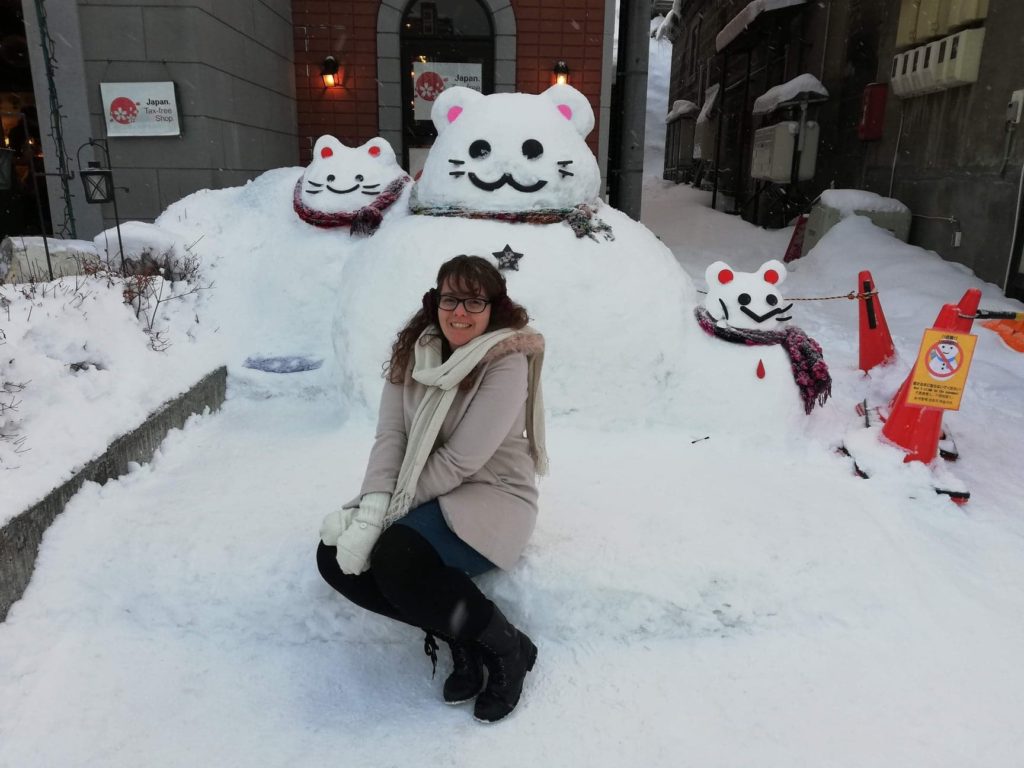
“Intially, the Japanese government responded quite quickly,” says Elisabeth, 23. “Rather, they closed schools quickly. They closed them before we really had a large amount of cases. I think it was the first week of March. I’m an assistant English teacher and we haven’t had classes since February.
“But even now, we’re not under lockdown and they only declared a state of emergency a few weeks ago. It was rather delayed and the state of emergency here doesn’t even constitute much. Even now, the government hasn’t reacted in a sufficient manner.
“Since education is decided locally, at least in my prefecture we’re not going back to school until June. I have not been granted permission to work from home but the work that I do now is just at the local board of education.”
As far as Elisabeth can tell, she and her colleagues would probably be granted permission to work from home if they pushed for it. Since they do a lot of prep work collaboratively, though, it would be difficult. Instead, most days they’re permitted to work in a conference room away from their other co-workers.
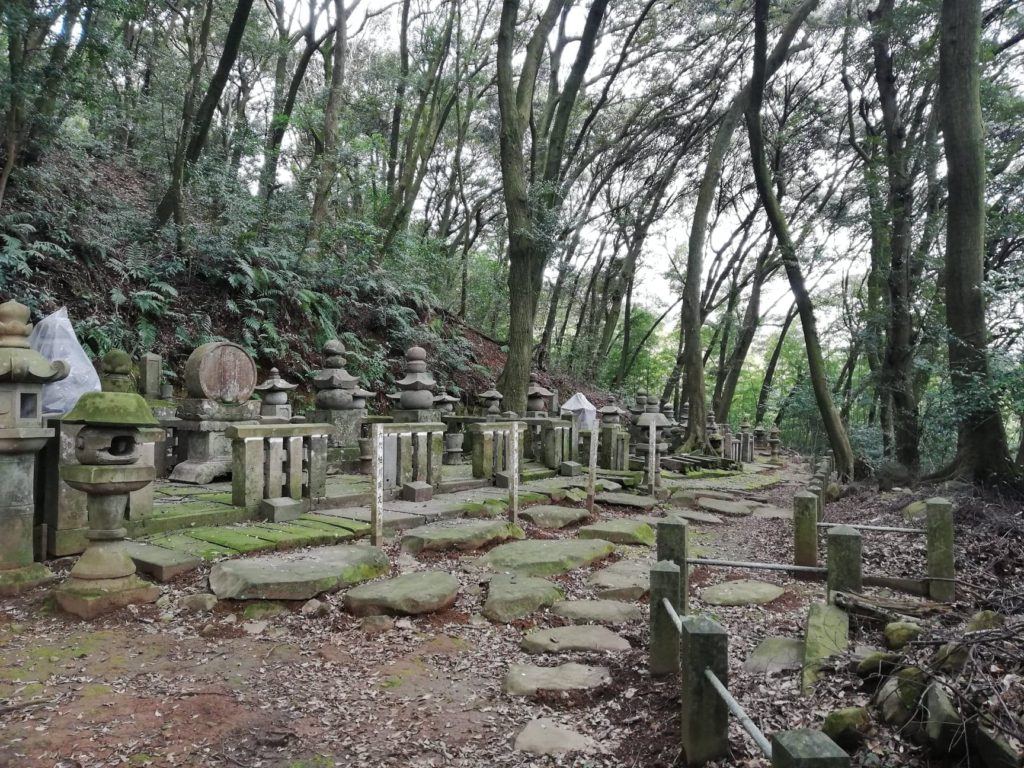
“The primary thing that I think the government hasn’t done so far is doing shutdowns to the extent that other countries have. And perhaps that’s due to the perceived low number of people who are ill here. However, beyond Tokyo, Osaka, and other large cities, there’s been no real disruption to what’s open or the freedom of people to move.
“We have a mall in my town. If you go to that mall right now, the only store that is closed is the arcade and that’s a new development, as of maybe a week ago. Up until that point, you could just go wherever you wanted in my prefecture and shop wherever you wanted. It feels like because they haven’t enacted any restrictions, it’s resulted in a lack of urgency.
“Just as an example, I went to the grocery store about five days ago and at that point, we’d already been under an emergency declaration for a while. When I went there, it was difficult for me to practice social distancing. I wanted to stay two metres away from other people but it’s hard to maintain that when other people aren’t following the same protocol.
“Going around town, I can’t avoid other people because they’re not taking those precautions. You will see students meeting with other members of their clubs. So at the junior high school I work at, there’s a lot of sports clubs and they’re still meeting, Not on school grounds, because they’re not allowed, but they have no sense of ‘Hey, we shouldn’t be doing this.’
Hawaii, USA
“I tend to think of Hawaii as being the most like its own country, apart from the rest of the United States. So there are similiarities amongst other states in how Americans react in some ways but definite, palpable differences.”
27-year old Hannah, whose employment has recently been terminated as a direct result of the coronavirus pandemic, lives with her husband on the Hawaiian island of Oahu. Generally, she says, people in Hawaii take the situation a lot more seriously than those on the American mainland.
“It’s not abysmal, how the local government have handled it, because they’re not leaving anybody in the dust. They’ve at least decided that anyone that comes here now has to be quarantined for fourteen days before going out into a public area.
“It works to our advantage since we’re an island and the government figures that as long as everyone on this island follows the general protocols, then we keep cases pretty low. Anyone who comes in also follows the protocols and as long as it’s government-mandated, nobody gets hurt.
“Another thing they have done is, since the streets have been cleared, it’s been mandated that more construction be undertaken on the island. There’s a lot of potholes, there’s a lot of cracks that they couldn’t work on specifically because the roads are so busy and it’s an island with few roads.
“The local government feels like it’s doing what it can at the moment. In terms of Washington, D.C., I do wish the protocol had been issued earlier so that damage weren’t as severe.
“I wish that measures weren’t taken on a local level, as opposed to an executive level, as it makes every other state feel like it has to fend for itself. And even though my state’s doing pretty well, I feel like that’s an injustice. To just tell people worse off than we are, ‘Sorry, you’re on your own.’
“I really wish we had less press time with our president because I don’t think he understands what’s going on. And he doesn’t want to take responsibllity, but he wants to be thanked at the same time. It seems like everything on the mainland is just getting worse.”
